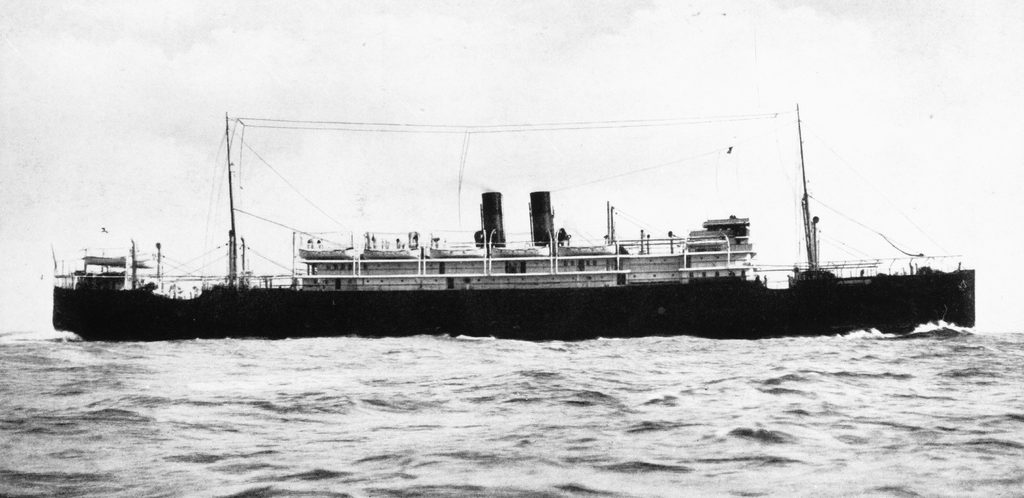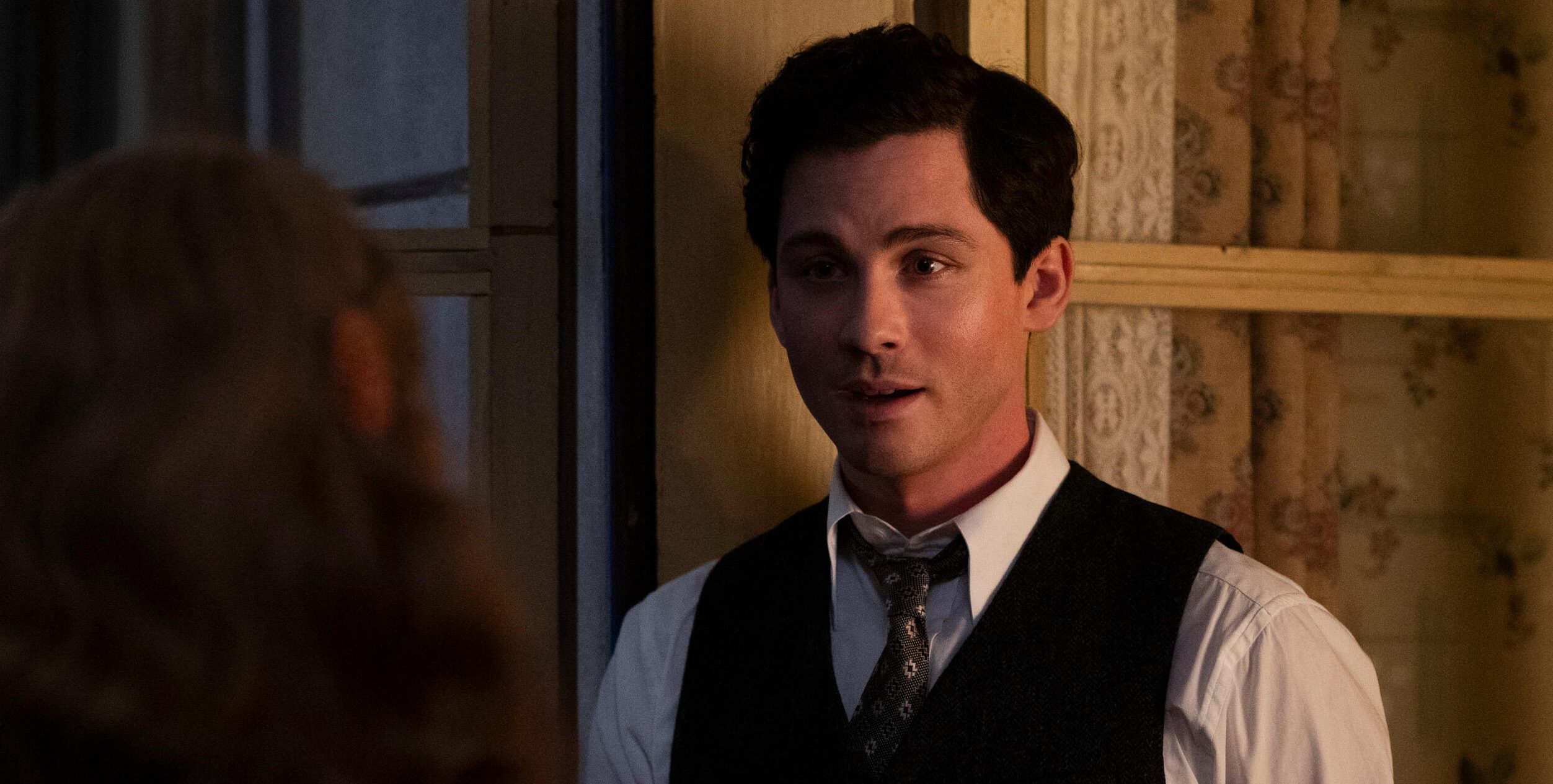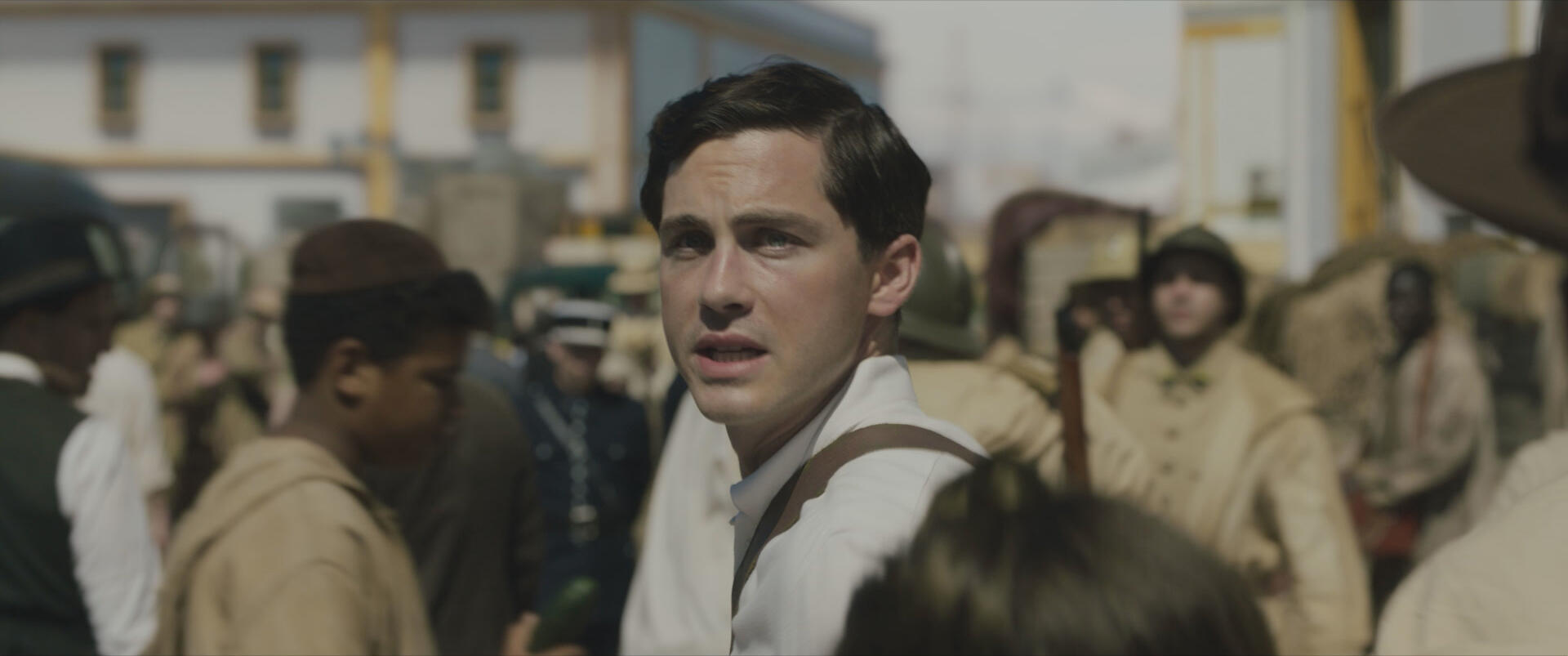In Hulu’s historical series ‘We Were the Lucky Ones,’ Addy Kurc boards SS Alsina after securing a Brazilian visa. The Polish composer realizes that he shouldn’t remain in France any longer. Since the Brazilian embassy is the only one that helps him, he sets out for Rio de Janeiro by becoming one of the passengers of the ship. As the journey progresses, he entertains his fellow passengers with his music and demeanor, which catch the eye of Eliska, with whom he starts to share feelings. SS Alsina is a significant part of World War II history and the reality behind the ship’s voyage opens a window into the hardships Jews suffered during the period!
The Long Journey to Freedom
SS Alsina was a ship that carried Jews who were fortunate enough to garner Brazilian visas from the embassy in France to escape from Nazi Europe. The ship began its journey from Marseille, France, with Rio de Janeiro, Brazil, as its destination. The ship had a consequential halt in Dakar, the capital city of Senegal, the westernmost African country. After the ship had made a stop in the city, the Vichy officials changed their mind against a group of Jews attaining freedom. The passengers were forced to live on board the ship for four and a half months while the vessel remained off the African port.

In Georgia Hunter’s novel of the same name, the source text of the show, it is British authorities who stop the ship’s journey from Dakar. “Alsina was detained in Senegal by British authorities — ‘This is a French ship, and France is no longer a friend of the Allies,’ their captain was told — Addy’s skin had grown accustomed to the relentless West African sun,” reads the book. The West African heat made the lives of the passengers, who continued to live on board the ship, more miserable. The freedom they awaited once again kept its distance from them. From Dakar, the ship went to Casablanca in Morocco.
According to Hunter’s book, the passengers were taken to the Moroccan city under the pretense of repairs. “The Alsina’s captain had told his passengers that the ship was sent north from Dakar to Casablanca ‘for repairs.’ But the heavily armed men ordering the refugees off the boat don’t remotely resemble a repair team,” reads the novel. In reality, the passengers were asked to step out of the ship in Casablanca, only for them to end up in a concentration camp. Some of the passengers even perished by the time the group got stuck in the region. Meanwhile, another challenge troubled the passengers. Their Brazilian visas were going to expire due to the months-long delay in Dakar and Casablanca.
The Moroccan authorities eventually detained Alsina. “Moroccan authorities declare the Alsina an enemy ship, claiming they’d discovered contraband on board. Addy and the Lowbeers find this charge hard to believe, but whether or not the ship is, in fact, carrying illegal goods, the authorities have made up their minds,” reads ‘We Were the Lucky Ones.’ A group of Alsina passengers found a way to board the Cabo de Buena Esperanza (Cape of Good Hope), which left for Brazil with a guarantee that the Jews were awarded visas. The ship was unhygienic and uninhabitable since diseases infested the vessel.

When the ship arrived in Rio de Janeiro, the Jews were told that their visas expired, making them seek refuge in another South American country. They went to Argentina, only for the authorities to deny them refuge. After the passengers garnered Paraguayan visas, they boarded the Cabo de Hornos (Cape Horn). Addy was a passenger of the Cabo do Hornos. “Cabo do Hornos finally docked in Rio and, by some stroke of luck, her passengers were allowed to disembark. Addy was overjoyed. The freedom was short-lived, however. Three days later, Addy, the Lowbeers, and the thirty-seven other Alsina passengers who’d arrived on the Hornos with expired visas were greeted at their doorsteps by Brazilian police and escorted back to the port,” Hunter wrote in her novel.
Still, Addy was able to remain in Rio, especially after then-president Getúlio Vargas allowed the extension of their visas. He lived in the city for a considerable while and even reunited with his family years later.
Read More: Is Addy Kurc Inspired by a Real Polish Composer? What Happened to Him?


